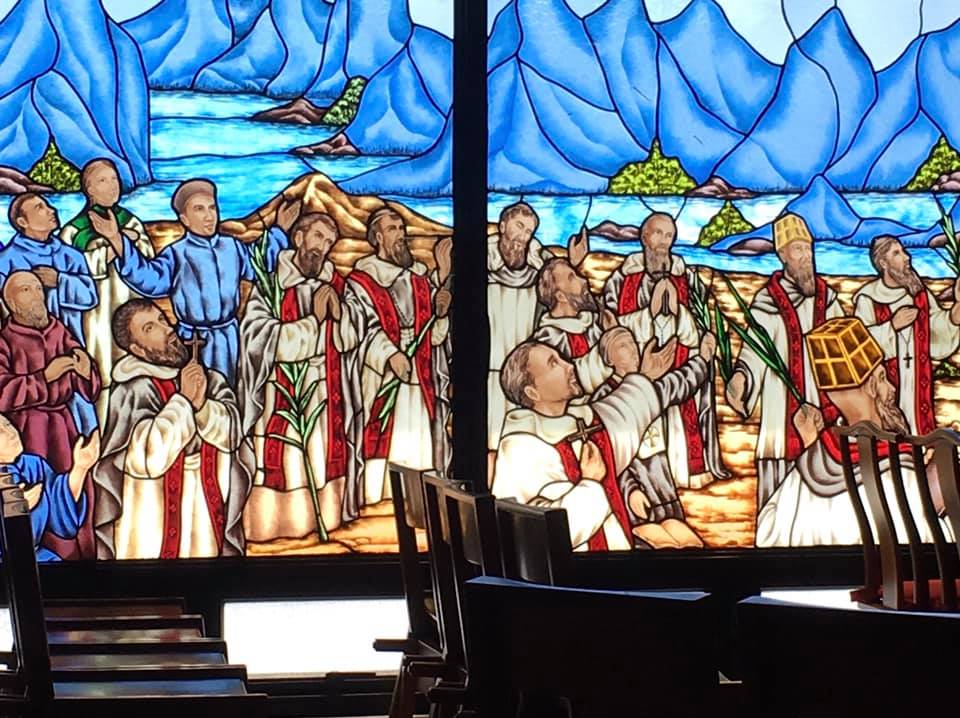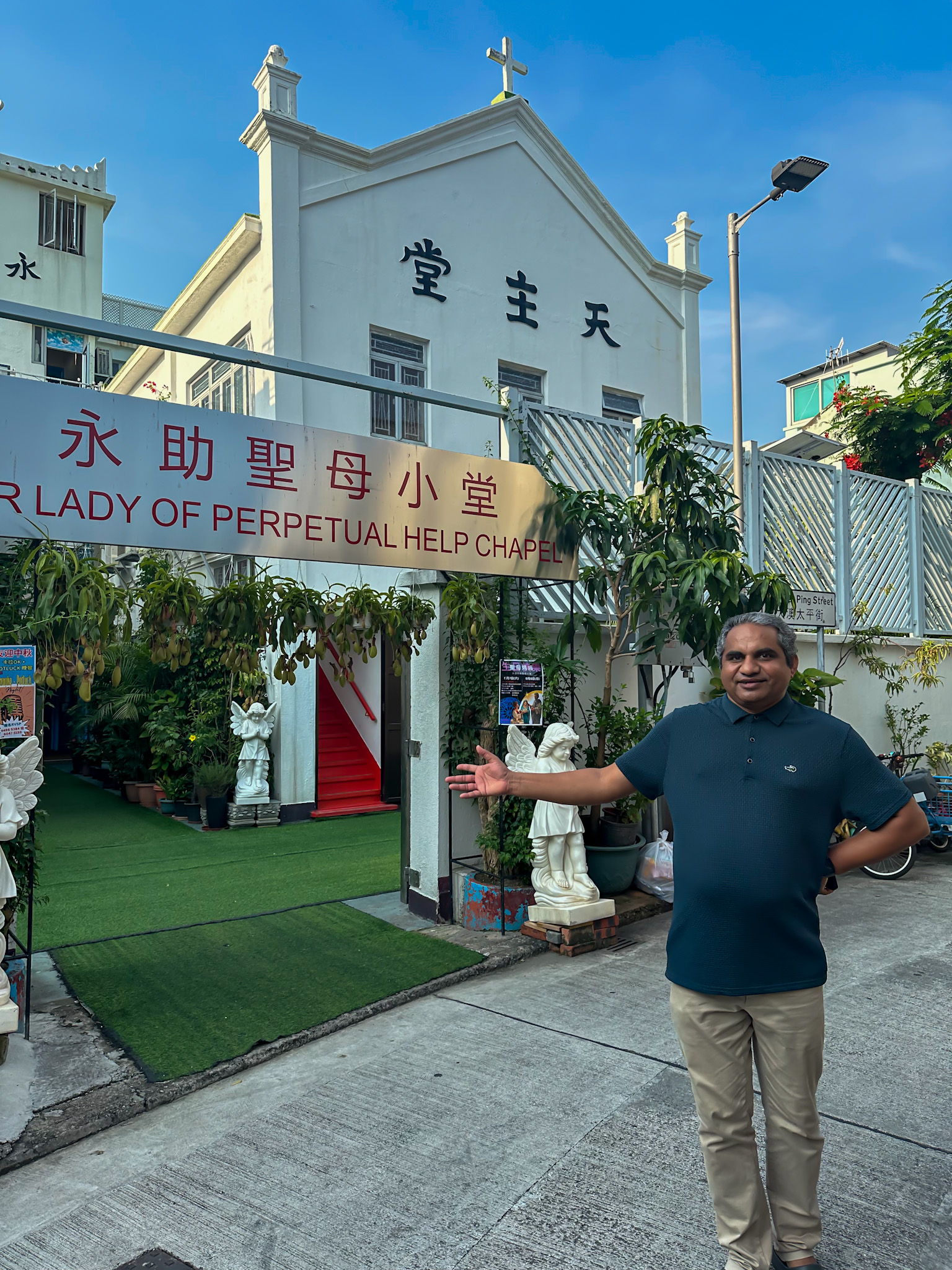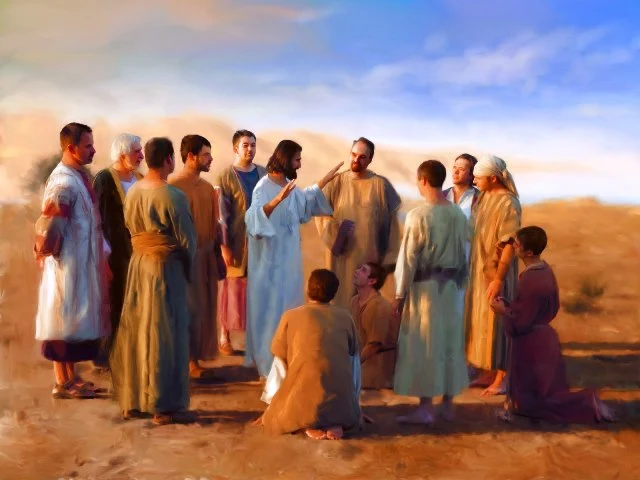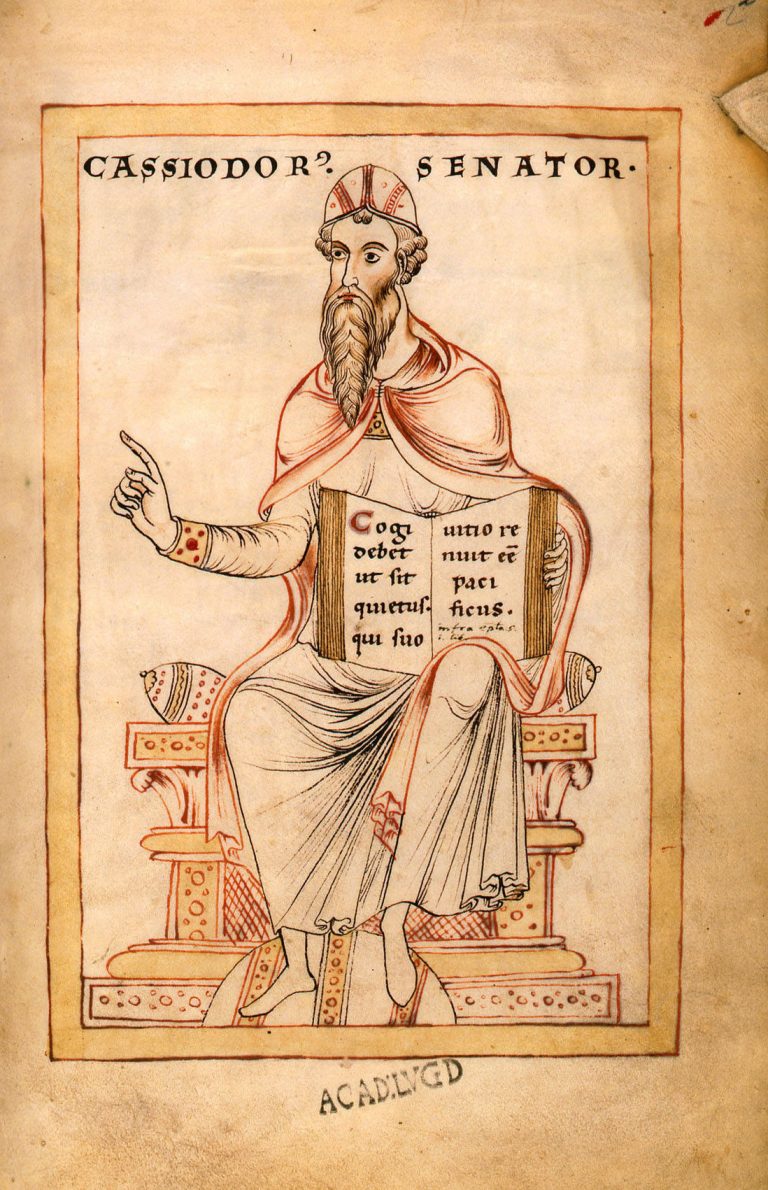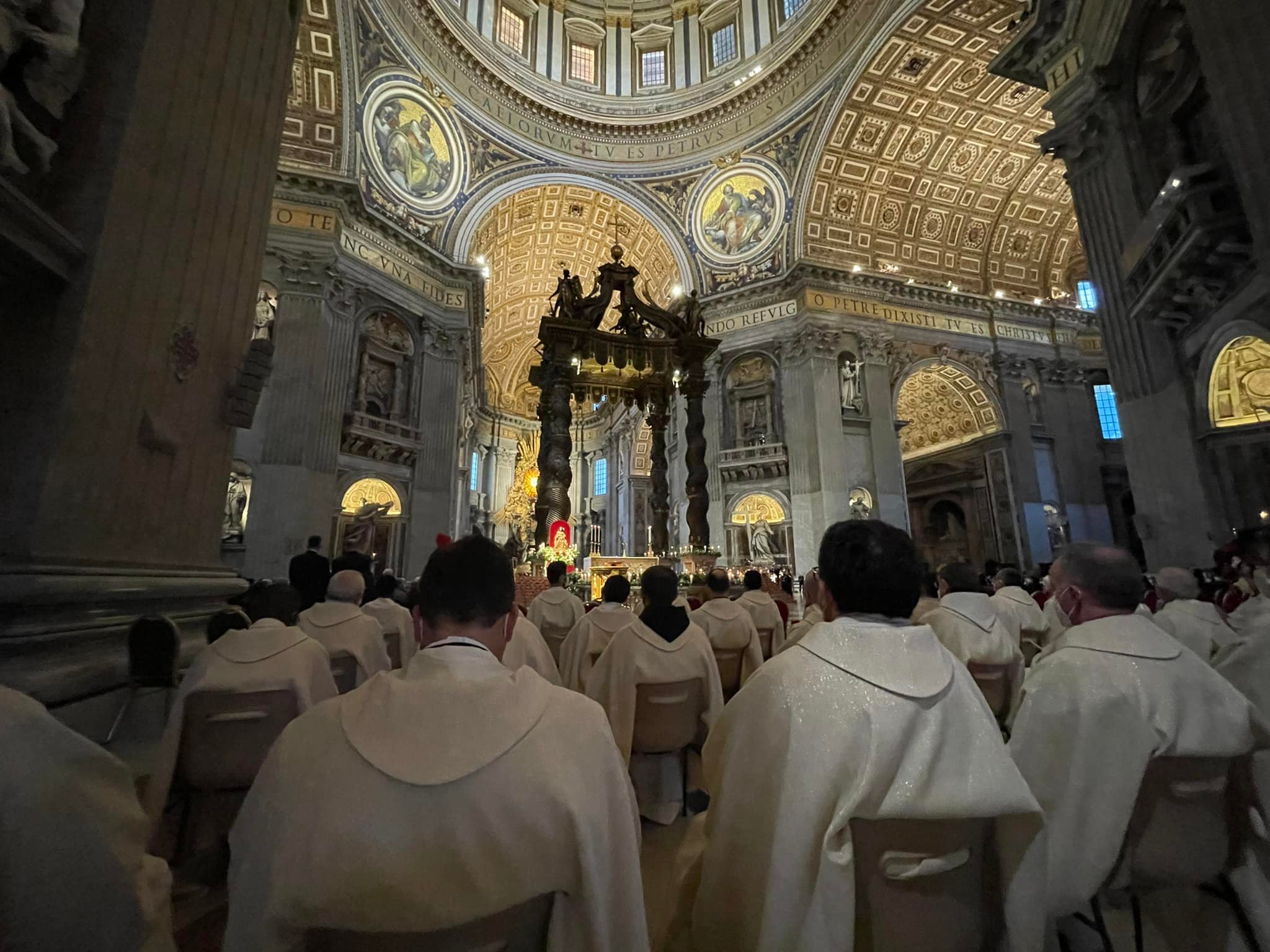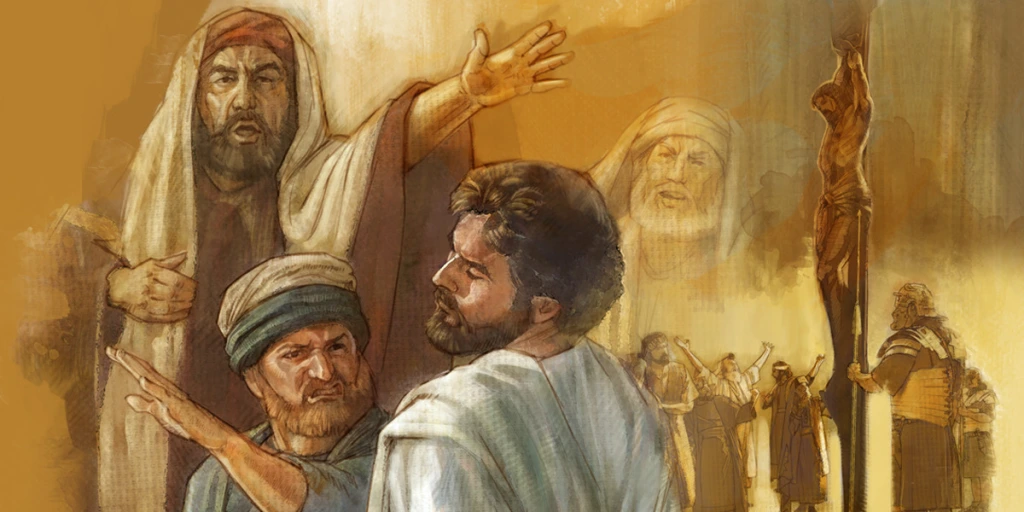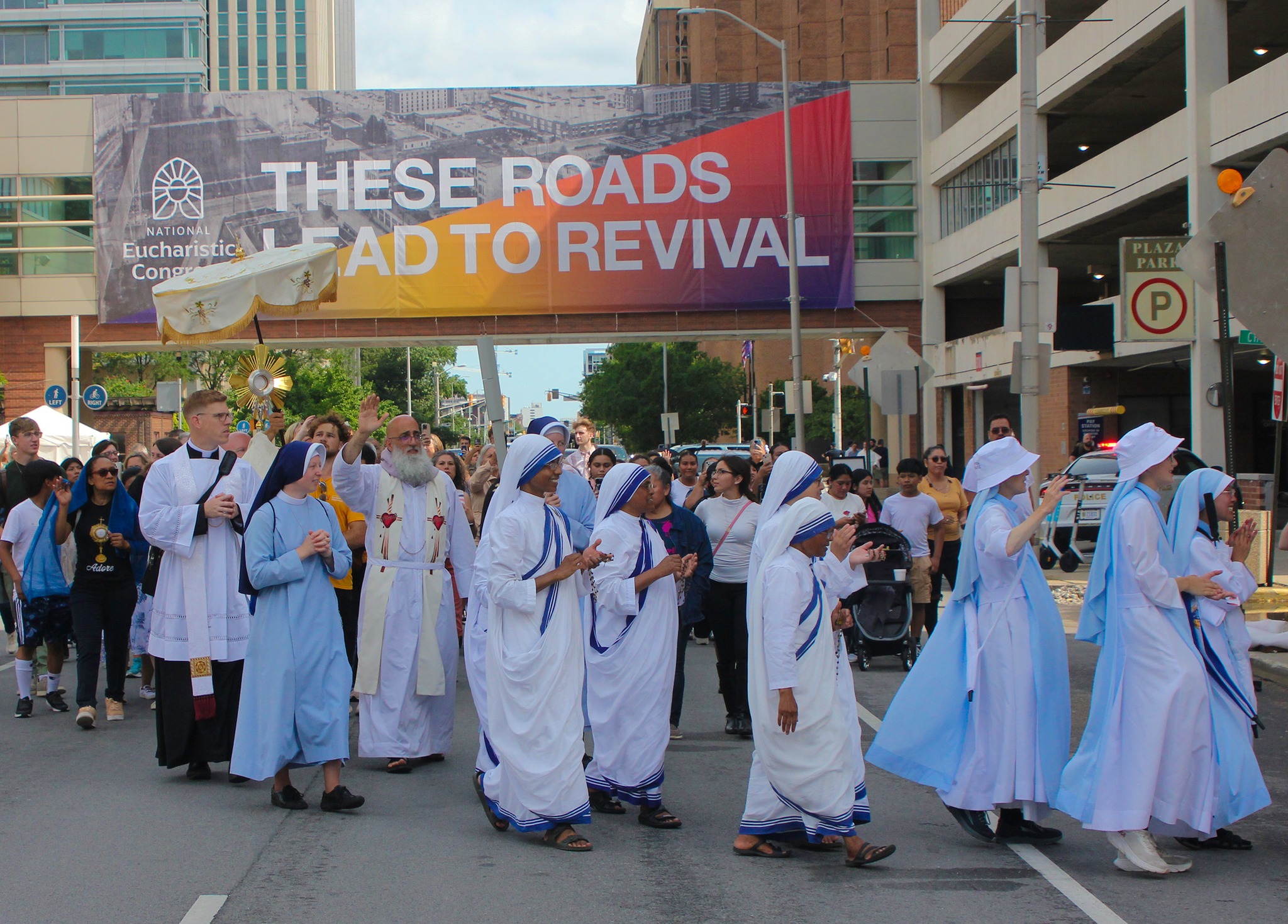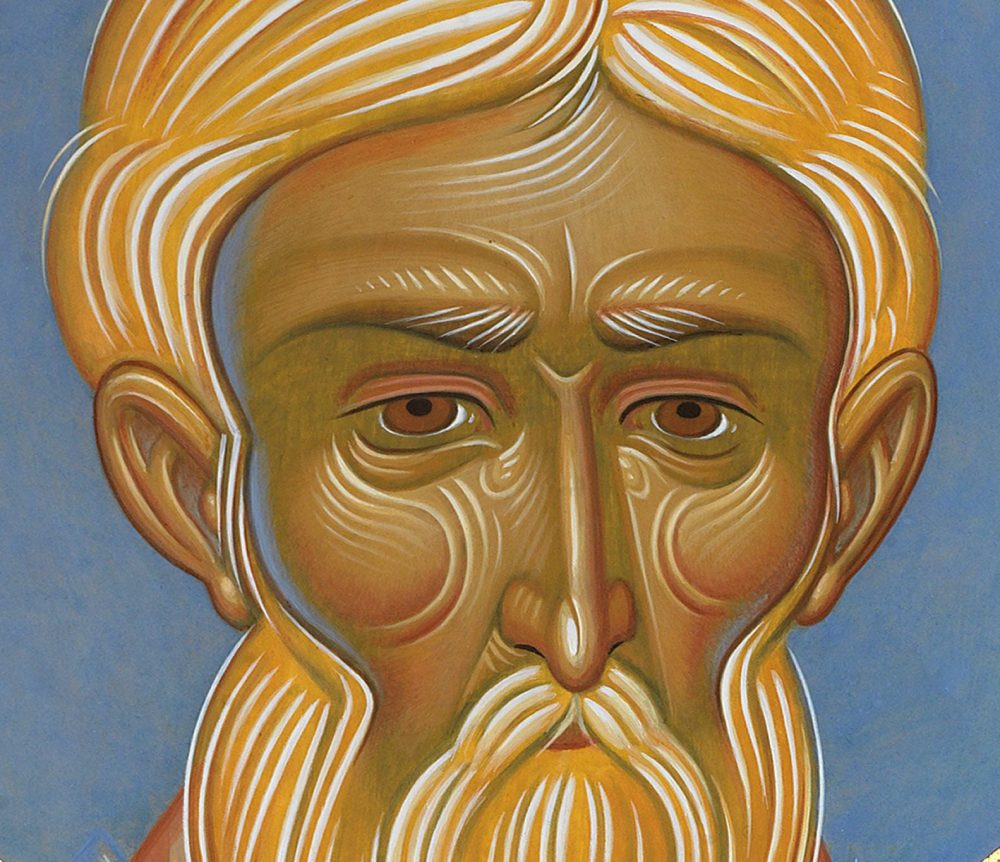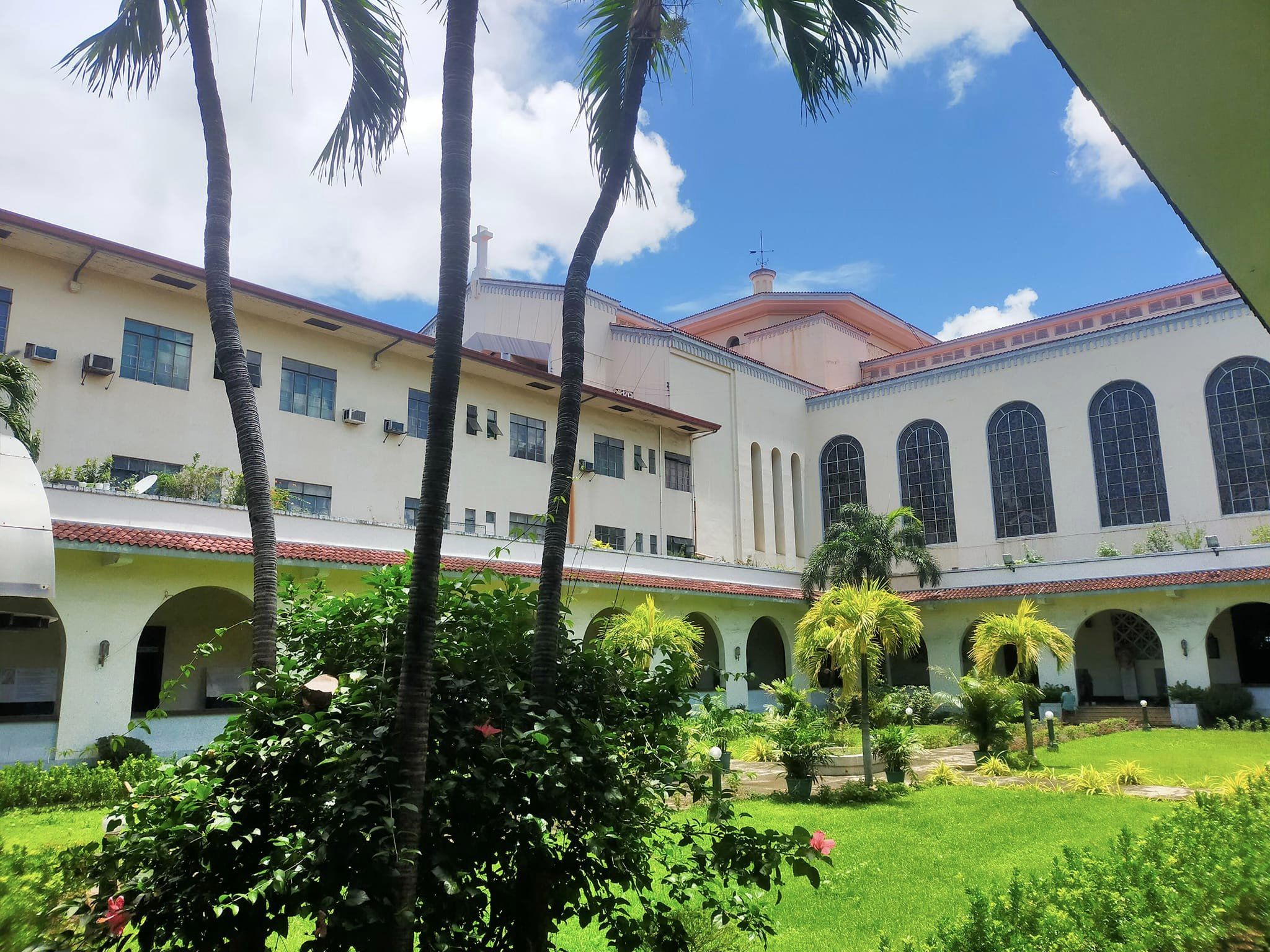Fr. Fausto Gomez OP concludes the fourth and final part of his series with deep gratitude for God’s enduring grace. Reflecting on 60 years of priesthood, he emphasizes that his vocation has been sustained by love, prayer, compassion, and hope. As his journey continues, Fr. Fausto reminds us that, in the evening of life, we will be examined on love – the guiding principle of our lives.
